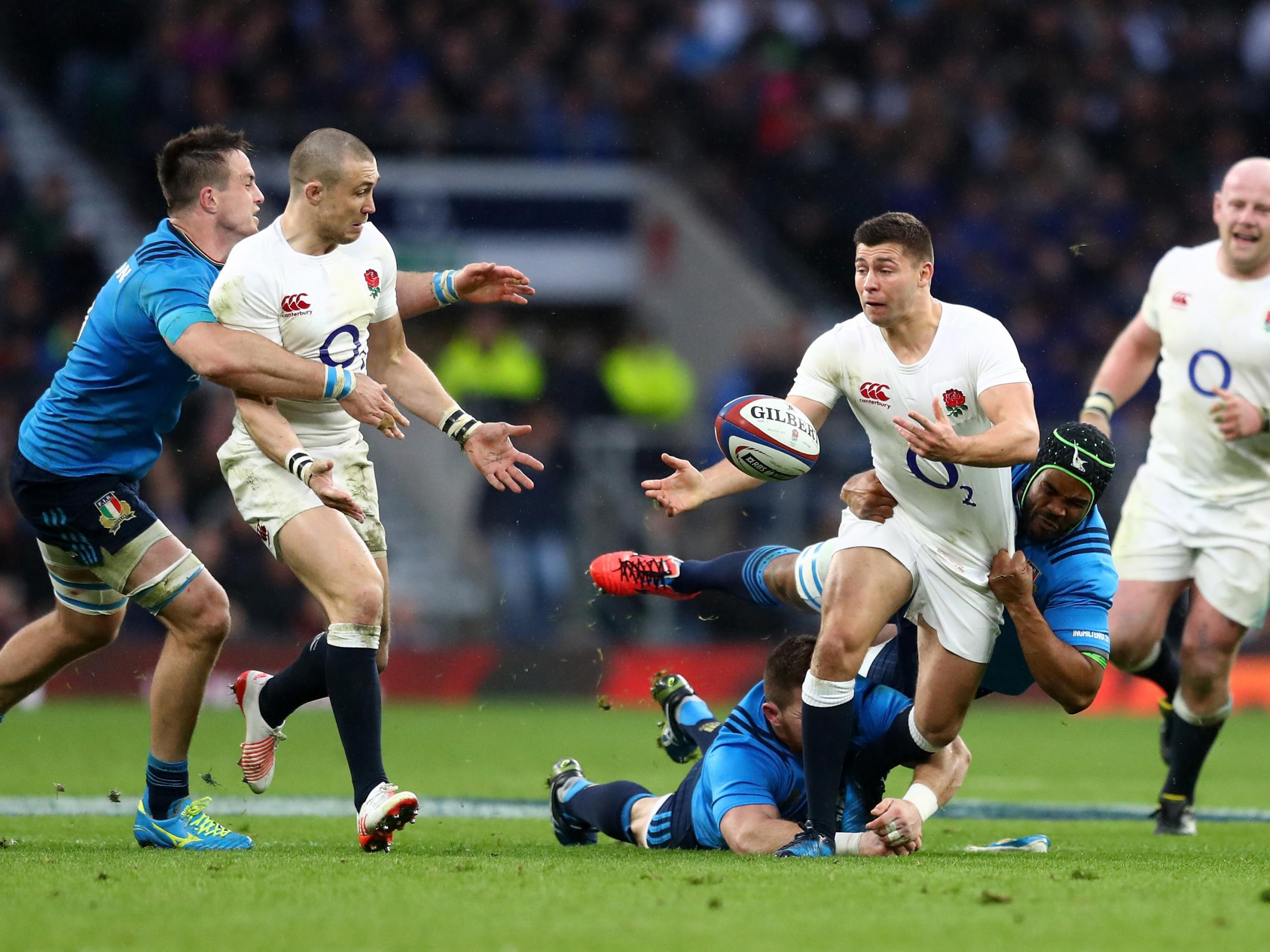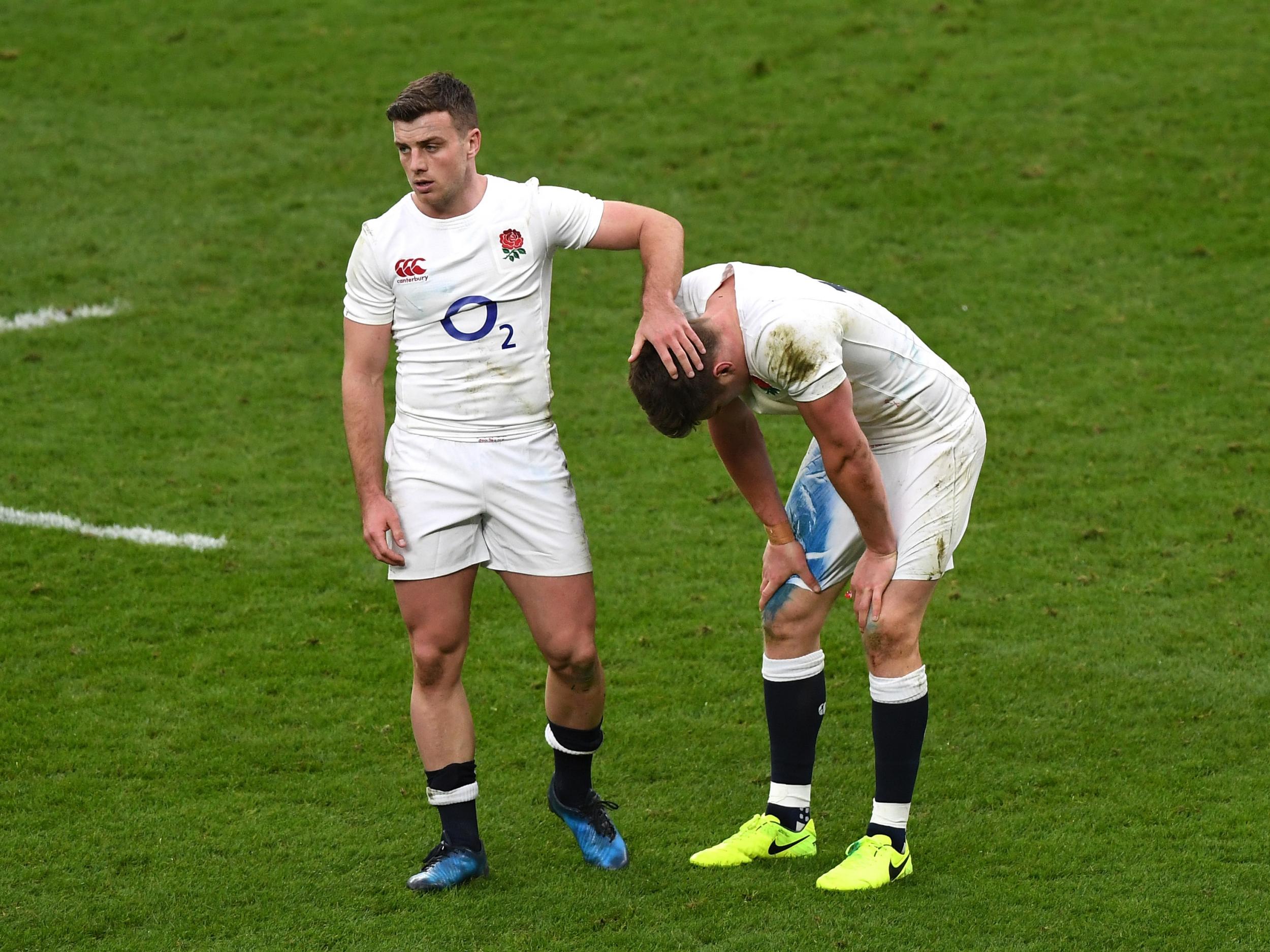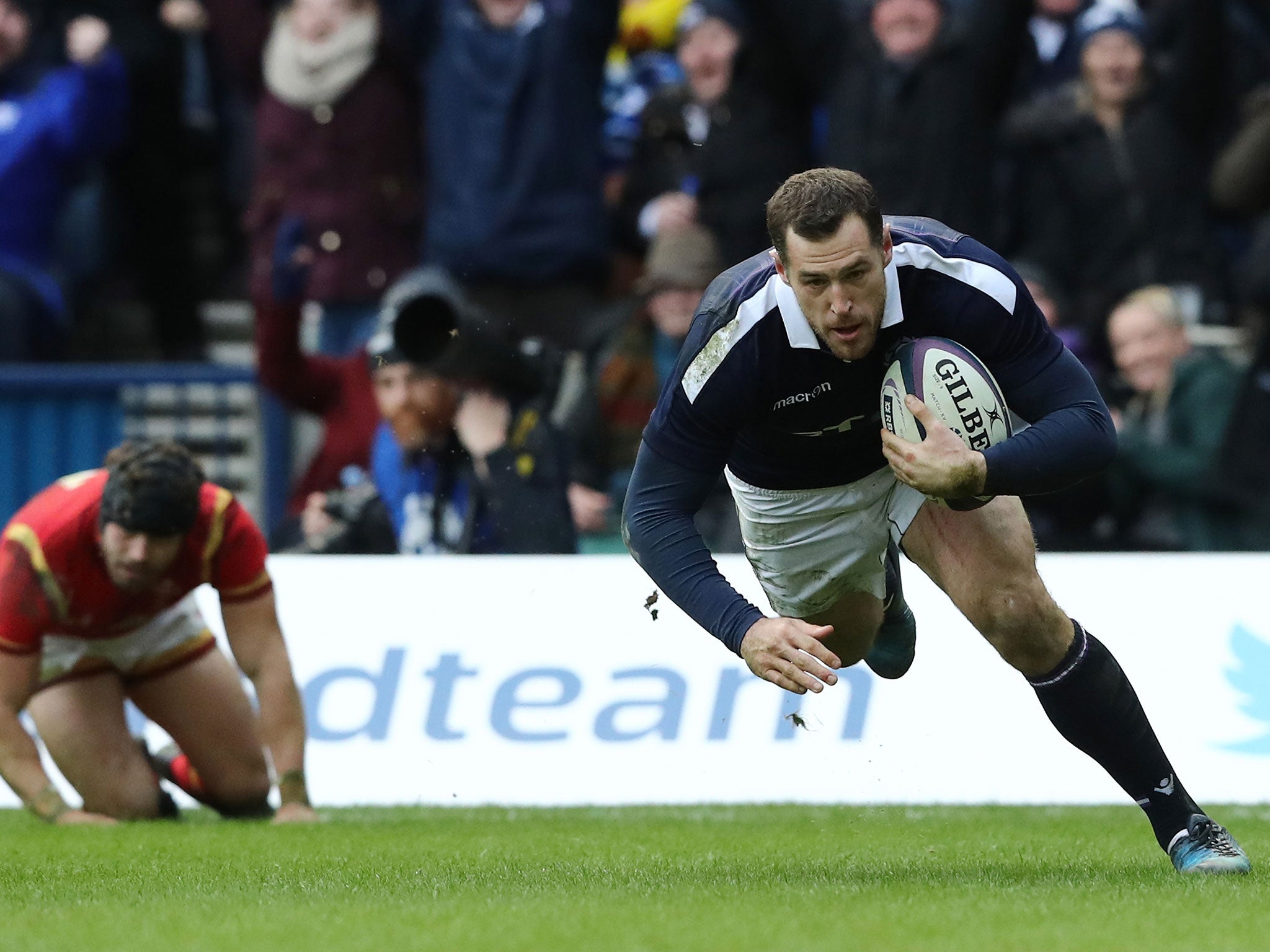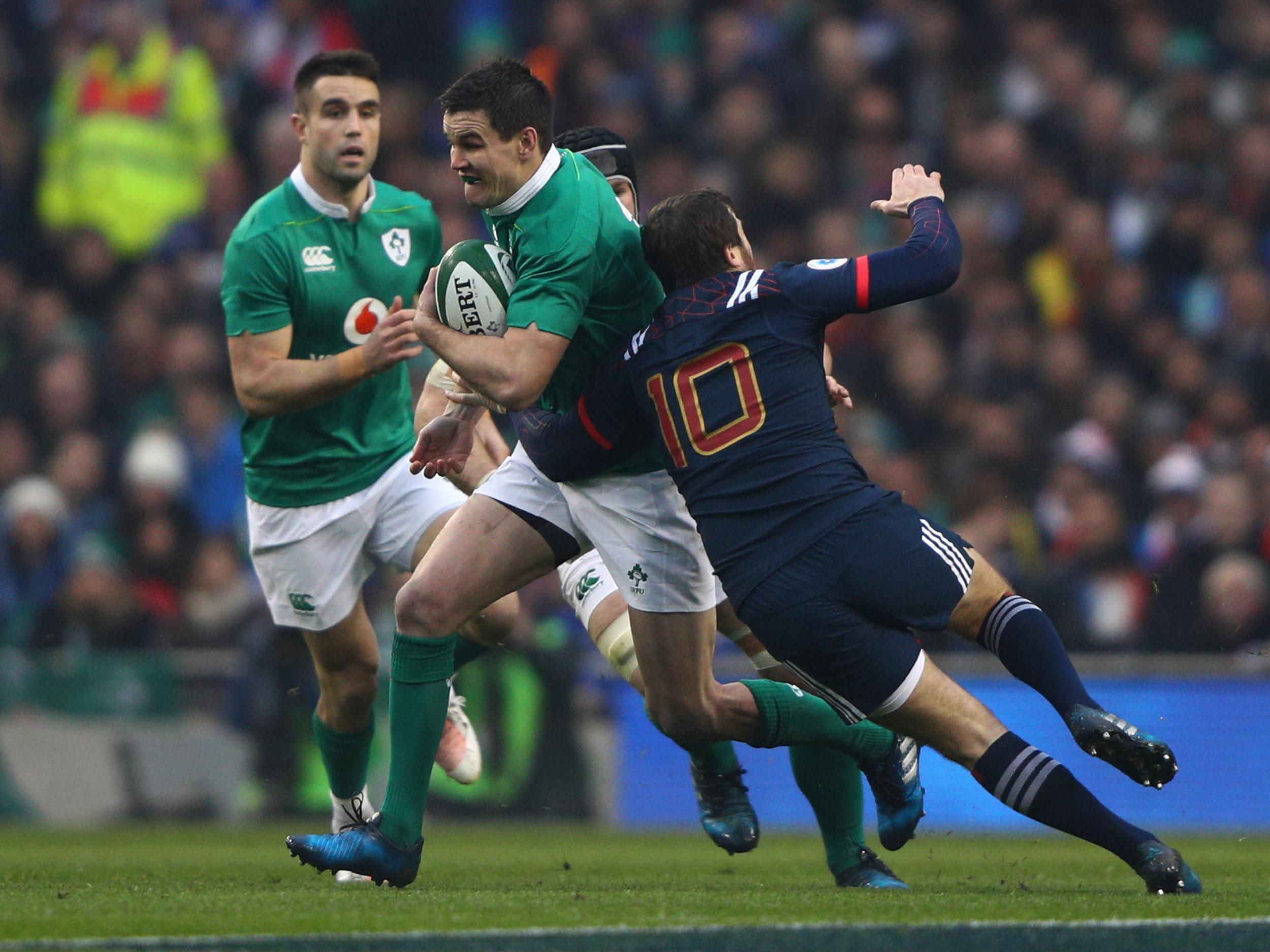Six Nations 2017: Five things we learned from the third round - England need to improve and Scotland come of age
Including: The decision making of Alun Wyn Jones has thrown his Lions captaincy into doubt and Ireland are happy to go wide whatever the conditions

England's quest for successive Grand Slams remains alive after Italy were dispatched 36-15 at Twickenham.
Round three also produced a win for Scotland, who earned their first Six Nations win over Wales since 2007 with a spirited second-half performance.
And Ireland kept their hopes of a third Six Nations title in four years alive with a 19-9 win over France.
Here are five things we learned from the third weekend of Six Nations action.
Italy outsmart England to the point of no return

Was it a disgrace for rugby, or a Brendan Venter masterstroke? Either way, Italy exposed a World Rugby ruling to take the fight to England and completely disrupt their game, ensuring that they could not get the ball beyond the scrum-half.
Had England not figured out a way to negotiate the ploy, then a first defeat by Italy was surely on the cards. At one point that looked the most likely outcome, as both Dylan Hartley and James Haskell turned to referee Roman Poite for help, something that will cause responses of laughter for quite some time to come.
However, there was also a turning point. It came shortly before half-time, when Edoardo Gori’s face made contact with Owen Farrell’s shoulder. Poite and the television match official, George Ayub, agreed that Gori “ran into England 10’s shoulder”, but it forced the scrum-half off with a head injury that he would not return from. Given that Gori was the leader-in-chief of Italy’s mischief, they were not as effective in disrupting English possession and conceded five tries in his absence.
England are yet to put in a convincing display

The second half against France, the first 20 and final 20 minutes against Wales, and now the final 40 against Italy. What they all have in common is that they are the only times when England have looked like the second-best side in the world. Yes, they have three wins rom three and are the only team capable of winning the Grand Slam, but there have been periods where they have been dominated by other teams.
The fact that they didn’t put the number of points past Italy that they were expected to was largely down to Italy’s defensive tactics, but they still took far too long to do something about it. The furore coming from the match will take the attention off the England performance, but the matter of fact is that it took them nearly an hour to work out how to play Italy and that their performance up to that point was not good enough.
Scotland's coming of age a breath of fresh air

For too long, the Six Nations has been contested by England, Ireland and Wales. France have not really challenged since they last won it in 2010, Scotland have been the nearly-men and the less said about Italy at the moment the better.
That all changed on Saturday afternoon as Scotland joined the party. Having already beaten Ireland at Murrayfield ,Vern Cotter's side punished a lacklustre Wales in the second half by putting 20 unanswered points on them. Having come up short so often, this was Scotland's coming of age, and a serious statement that they are heading in the right direction.
This was all done without captain Greig Laidlaw, No 8 Josh Strauss and world class prop WP Nel. They now head to Twickenham filled with belief in the knowledge that history beckons if they can pull off a third upset of the championship.
Jones calls are putting Lions captaincy in doubt

The decision taken to change the Welsh captaincy from Sam Warburton to Alun Wyn Jones was a bold one, but one that made sense. Warburton was struggling with injuries and a dip in form, and Jones is a proven leader capable of taking Wales to the next level.
Jones's qualities remain unchallenged, but his decision-making is leaving a lot to be desired. Wales wasted first-half opportunities to score again Italy, turned down second half penalties against England and ultimately paid in defeat, and made the same errors in the 29-13 loss against Scotland on Saturday.
Jones admitted after the match that the biggest talking point - his decision to kick for goal only for the ball to be kicked into touch - came as a result of the kickers -Leigh Halfpenny and Dan Biggar - overruling him. All teams have a pack of leaders, but should the captain be overruled on such big decisions? It doesn't instil faith in the British and Irish Lions captain-elect.
Ireland happy to go wide whatever the conditions

Never has the term weathered the storm been more appropriate for Ireland. France looked not only the more dangerous team for the first 20 minutes in Dublin on Saturday, but also the team with more control.
However, rather than do what most would and try to retain the ball in wet conditions by going tight, Ireland utilised their talent, brought Jonathan Sexton into the game and reaped the rewards.
The fly-half ran his backline brilliantly, rolling out his trusty loop run on multiple occasions, and brought the likes of Garry Ringrose, Simon Zebo and Keith Earls into the game.
Now, Ireland know their Six Nations fate lies in their own hands, and that's not a bad reward at all.
Join our commenting forum
Join thought-provoking conversations, follow other Independent readers and see their replies
Comments
Bookmark popover
Removed from bookmarks